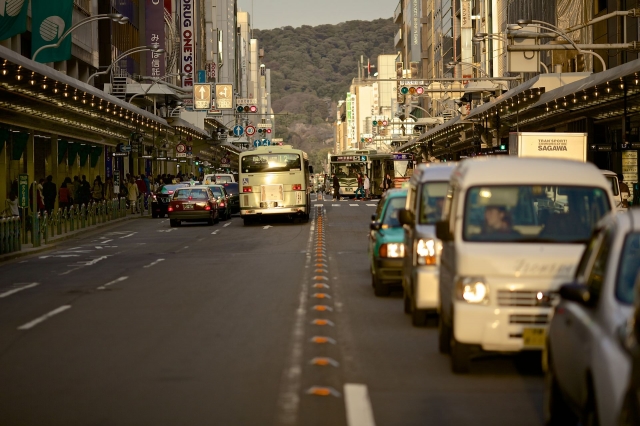
The global pandemic has without doubt brought destruction to many economies. In the U.S. for example, unemployment spiked to almost 13% in May, the highest level since the Great Depression.
However, in the case of Japan, the numbers have barely moved. Salaries and working hours have also remained stable. Does this mean that the rest of the economy remains untouched? Recent numbers from the first quarter indicate a decline of about 2% vs last year. However, a combination of cultural and demographic factors have made Japan resilient. The economic slowdown does not equal increased unemployment. Japan still has one of the world’s toughest competition for labor, where there are 1,2 jobs available for every applicant. Japan also kept a low number of COVID19 cases, allowing it to keep the economy relatively open.
At the end of the day, Japanese companies are likely to priorities the interests of the employees over the interest of shareholders. “During good times, companies accumulate profits on their balance sheets by restricting rises in worker’s salaries. During bad times, companies refrain from firing redundant workers by using retained earnings from the good time, so that people can have secure jobs” said Naohiko Baba, an economist at Goldman Sachs Japan.
There has been no lack of criticism that Japanese companies should have pursued more growth in the past. However, now during these hard times, it seems that it has paid off.




